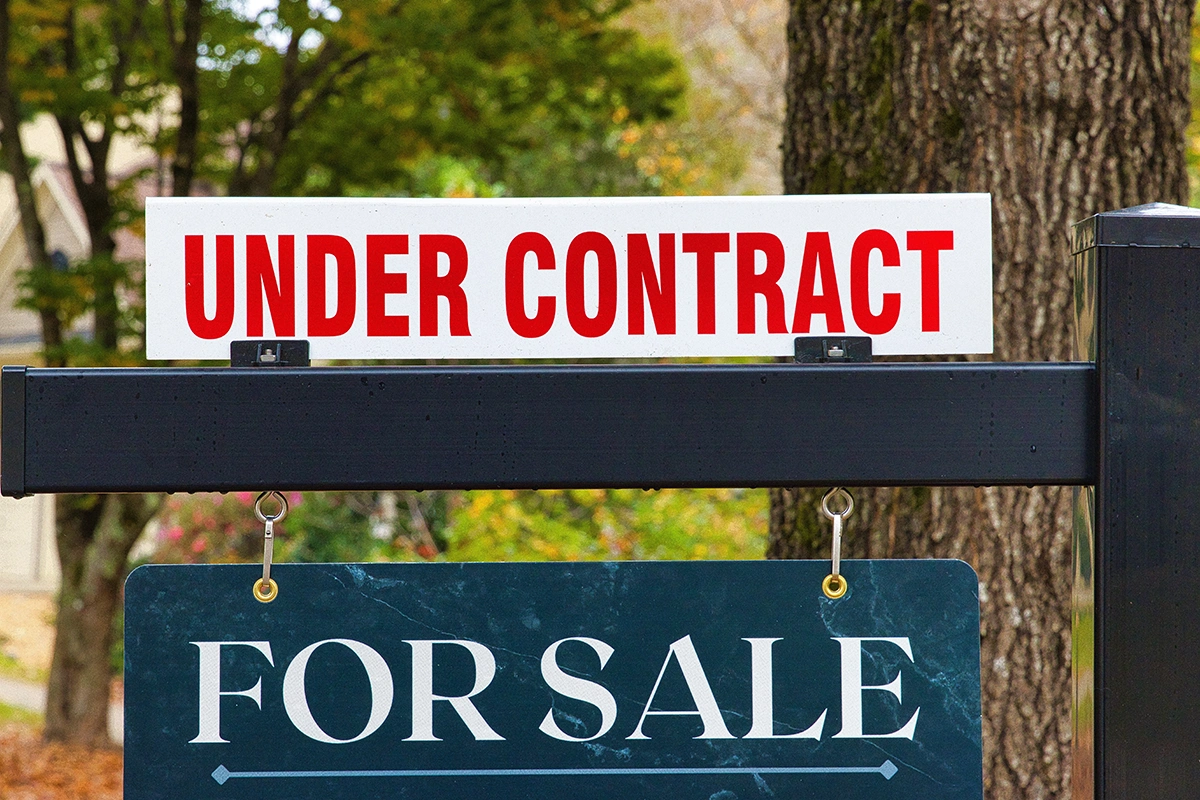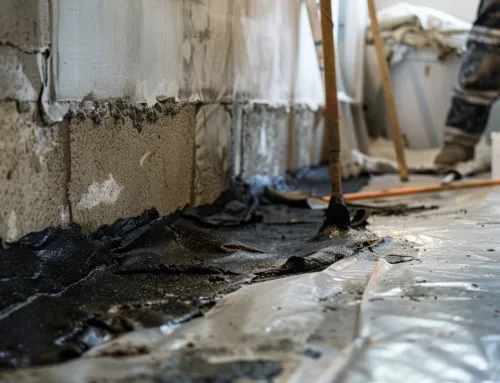If you're selling a home—especially in a hurry—you've probably heard the phrase "under contract." But what does it actually mean? And more importantly… what happens after you go under contract?
Let's break it down in plain English.
What Happens When A House Is Under Contract – Assumptions vs Reality
When a buyer makes an offer and the seller accepts it (in writing), the house goes under contract. This means both sides have agreed to the terms—price, timeline, financing—and the buyer now has a legal right to purchase the home if all the contingencies are met.
Think of it like a handshake, but with legal teeth. You're not done yet, but the wheels are in motion.
Typical Timeline (for Traditional Sales)
Every deal is different, but here's what a standard under-contract timeline might look like in a retail real estate sale:
- Day 1–3: Earnest money is deposited by the buyer (held in escrow).
- Day 5–10: Buyer completes home inspection and starts requesting repairs or concessions.
- Day 10–20: Lender orders appraisal and starts underwriting the loan.
- Day 21–30+: Title search, insurance, and final walk-through.
- Day 30–45: Closing day (if all goes well).
Yes—30 to 45 days, and that's assuming no delays. Financing snags, repair negotiations, and cold feet can drag it out longer or kill the deal entirely.
Real-Life Situations to Watch For
Here are a few real examples we've seen:
- Deal falls through after inspection: Buyer asks for $12K in repairs. Seller refuses. Buyer walks.
- Appraisal comes in low: Lender won't finance full amount. Seller has to drop price or start over.
- Buyer loses financing: After weeks of paperwork, the buyer's lender pulls the plug due to a job change.
These scenarios are common—especially when selling a house that needs work.
Cash Offers vs. Traditional Realtor Sales
| Feature | Cash Offer from Investor | Traditional Realtor Sale |
| Timeline | 7–14 days | 30–45+ days |
| Inspections | Often waived or simplified | Full home inspection + repairs |
| Financing | No bank involvement | Loan approval + underwriting |
| Contingencies | Minimal | Many (financing, inspection, appraisal) |
| Property Condition | Buy as-is | Often requires repairs |
| Fees | No commissions | 5–6% agent fees + closing costs |
If you're behind on your mortgage, facing foreclosure, or dealing with a house that needs serious repairs, that faster, simpler cash route can save you from months of stress—and thousands of dollars in holding costs and late fees.
What If You Want Out of a Contract?
In Ohio, real estate contracts include contingency periods—windows where the buyer can legally cancel. For sellers, it's harder. Once you're under contract, you're typically bound unless the buyer defaults. This is why understanding who you're going under contract with is so important.
Bottom Line: Not All Contracts Are Created Equal
Going under contract means you're on your way to selling… but how smooth or bumpy that ride is depends on who's on the other side of the deal.
If you're thinking about selling—and especially if your home needs repairs, you're facing financial pressure, or you just want a fast, clean exit—consider the difference a cash offer can make.
Want to sell your home without the hassle? Let's talk.
Hotdoors makes fair, fast cash offers and handles everything from inspection to closing. No agents, no commissions, no delays.





